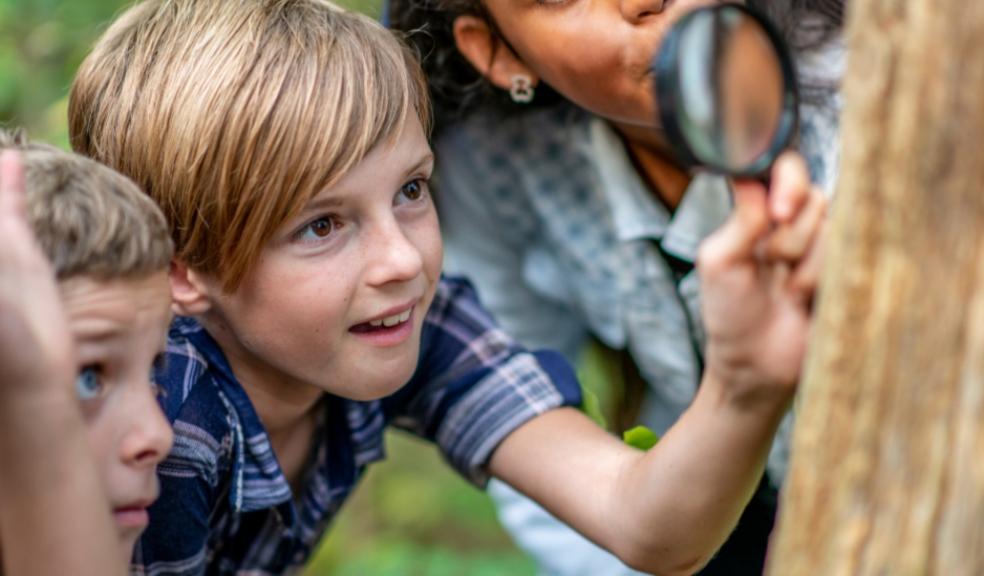
Forest Schools: All You Need to Know About Education in Nature
Education comes in many forms – not only do children learn from their regular school systems, but education is also a continual thing. Children are constantly learning, and one unique style of education is the forest school.
There is an estimated 3.24 million hectares of woodland in the United Kingdom. With all this beautiful nature on our doorstep, it is no wonder that children find delight in exploring these locations. So why not grab your kids wellies and waterproof coats and explore the outdoors.
Here, we will explore the concept of forest schools and the benefits they can bring for your children.
What are forest schools?
Forest schools are education centres which focus your child at the centre of learning, using the natural environment to encourage exploration. Practitioners nurture your child’s own curiosity rather than leading exercises. Each child might be interested in a different aspect of nature and learning, and it is the practitioner’s job to develop this intuitive exploration.
This is a holistic education approach which allows self-development for your children by letting them approach risk and problem-solving at their own rate and to their own comfort level. They are usually aimed at younger children, however there could be benefits to teenagers partaking in spending time in the natural environment too.
What are the key principles of a forest school?
The key principles of a forest school include child-led learning. Rather than traditional education systems which rely on a syllabus and teacher-led learning, forest schools encourage the curiosity and interests of your kids. The children can explore as they like, using the natural textures of the landscape to educate themselves about the world around them.
This also means that, unlike traditional schools, there are no set outcomes and grading systems. While there is some planning, observations, and reviewing, the lesson plans can be altered to benefit the students and their desired learning. This a collaborative approach where your children and practitioners adjust activities and exploration together. Practitioners might provide different stimulus for your children to explore and to encourage motivated interest.
Another key principle of a forest school is the respect and understanding of nature. Forest schools, as the name suggests, take place outside. The environment must be wide enough to encourage exploration and for easy monitoring, to protect the safety of your children.
Benefits of forest schools
Education through a forest school system fosters confidence in your children. As they get to explore their environment free from influence, they can approach risks and decision making on their own. This will allow your child to develop a strong sense of self, their own boundaries, and a better understanding of their role in interactions with the environment.
Another benefit of your child attending a forest school is it can help improve their physical wellbeing. Forest schools are centred around exploration through movement. This can refine your child’s fine motor skills, such as through detailed activities with leaves, as well as their physical stamina from prolonged periods of movement.
This can also develop their social skills and communication abilities. As they learn to interact with other children and their environments, they will begin to further develop their language capabilities – including communicating their wants and needs as they lead their own exploration. They might also learn to recognise their own influence on the group as play and sharing will be encouraged with the other children.
Whether you are wanting to encourage your children to spend more time away from their devices, or you would like to try a different method of learning, placing your child within a forest school could help them develop a better sense of self, their environment, and empathy with other children. Through natural exploration, your child can develop their fine motor skills outside of the nursery by taking time to examine different textures and environments. What is a better way to learn than to spend some time away from the comfort of home and in the fresh air?
Sources:
https://www.forestschools.com/pages/what-is-forest-school-an-introduction
https://www.highspeedtraining.co.uk/hub/what-is-a-forest-school/
https://forestschoolassociation.org/full-principles-and-criteria-for-good-practice/
Article credit - Muddy Puddles
Cover photo - Canva












